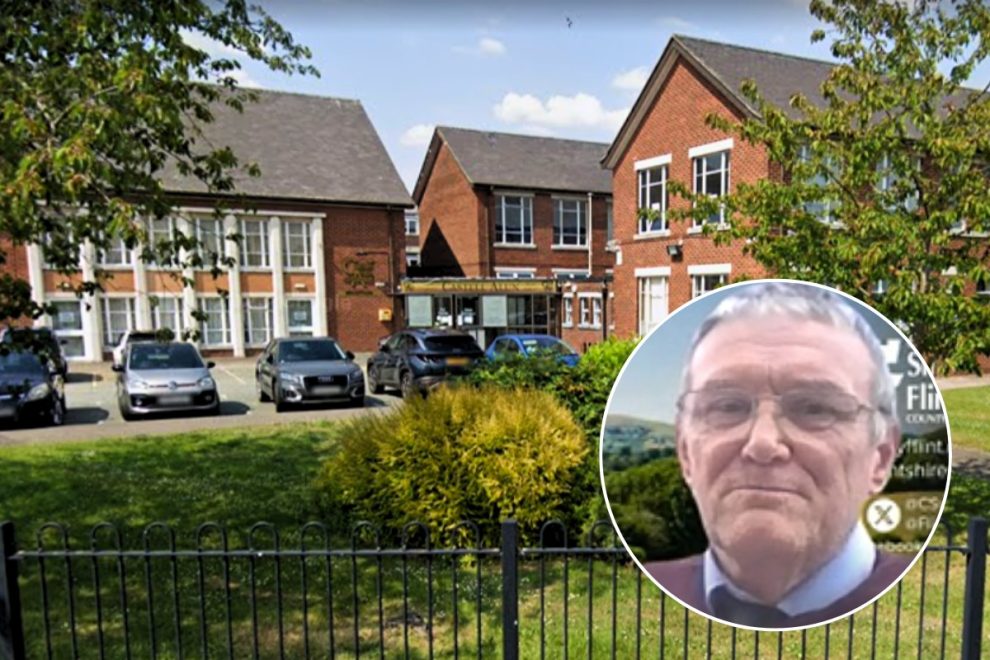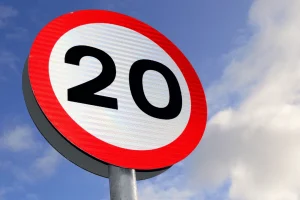A FREE toolkit created by Flintshire County Council to help secondary schools bring carbon reduction and climate change into the curriculum may soon become a paid-for resource for out-of-county schools.
During a meeting of Flintshire’s Climate Change Committee a report highlighted the success of the council’s School Climate Toolkit – a suite of resources for secondary schools to download.
The unique package, devised by Flintshire County Council and transformed into an off-the-shelf series of lesson plans to integrate into the school curriculum by Castell Alun High School, is currently free to anyone who wants to download it.
It slots seamlessly into the current GCSE science curriculum and teaches pupils how to calculate the carbon impact of human activity and buildings. It also helps guide pupils through how to interpret that data and use it to create a carbon reduction plan.
Since Castell Alun pupils met Flintshire’s Education, Youth and Culture Overview and Scrutiny Committee with their teacher, Dr Amanda Heath, to present their use of the toolkit in January, downloads have increased 58% to 133. Flintshire only has 11 secondary schools but schools from across Wales and over the border in England have also been accessing the resource.
During a meeting of the Climate Change Committee, Cabinet member for finance Cllr Paul Johnson suggested that its success – and the fact Flintshire is the first authority to create such a resource – could make the toolkit a valuable commodity for the council.
“There is no such thing as a free resource in education these days,” said Cllr Johnson.
“For example, to display the Eco Schools flag costs £200. If we’re going to take this forward and build on it is there an element of cost recovery needed for schools beyond Flintshire which could be explored?”
Alex Ellis, Programme Manager for carbon change and reduction, said charging for the toolkit had not been considered but did not rule it out.
“We could look at the potential for that,” she said. “We were more keen for it to be used and adopted by as many schools as possible.
“We have had enquiries from English and Welsh authorities asking if they can use elements of the toolkit. Of course not had an issue with this but we have asked that they acknowledge where they got the material from.
“It’s a free resource on the public facing website and we encourage them to use it. There’s nothing else that we’ve seen available that does the same things so we’re happy to be best practise for that.”
Cllr Johnson was keen to continue the discussion to explore whether offering the pack as a free resource to all was the best way forward.
“It is not unusual for resources like this to be charged for in education,” he said. “The quality of what we are offering has value. I’d like us to look at how we could recover our costs for developing this.”
They agreed to speak informally outside the meeting to see whether charging for the toolkit would work – although Climate Change Committee chairman Cllr Alisdair Ibbotson had reservations about the idea.
“I respectfully disagree with Cllr Johnson regarding cost recovery,” he said. “My own view is making this resource as widely available as possible has a social value that outweighs the potential for cost recovery.
“Cllr Johnson does make a valid point however and I trust discussions proposed for after this meeting will prove fruitful.”
The School Climate Toolkit’s popularity has rapidly grown since January, when Castell Alun High School demonstrated its potential.
Since the presentation downloads have increased 58% to 133. Flintshire only has 11 secondary schools but schools outside of the area have also been accessing the resource.
The practical skills it gives to students are designed to help give them knowledge and understanding for when they enter the world of work, where they may be asked to calculate the carbon impact of specific activity.
Pupils use the toolkit to calculate the carbon footprint of their school and identify ways to reduce it. The project also generated a file of useful resources that other schools could use to make environmental awareness part of the science curriculum.















